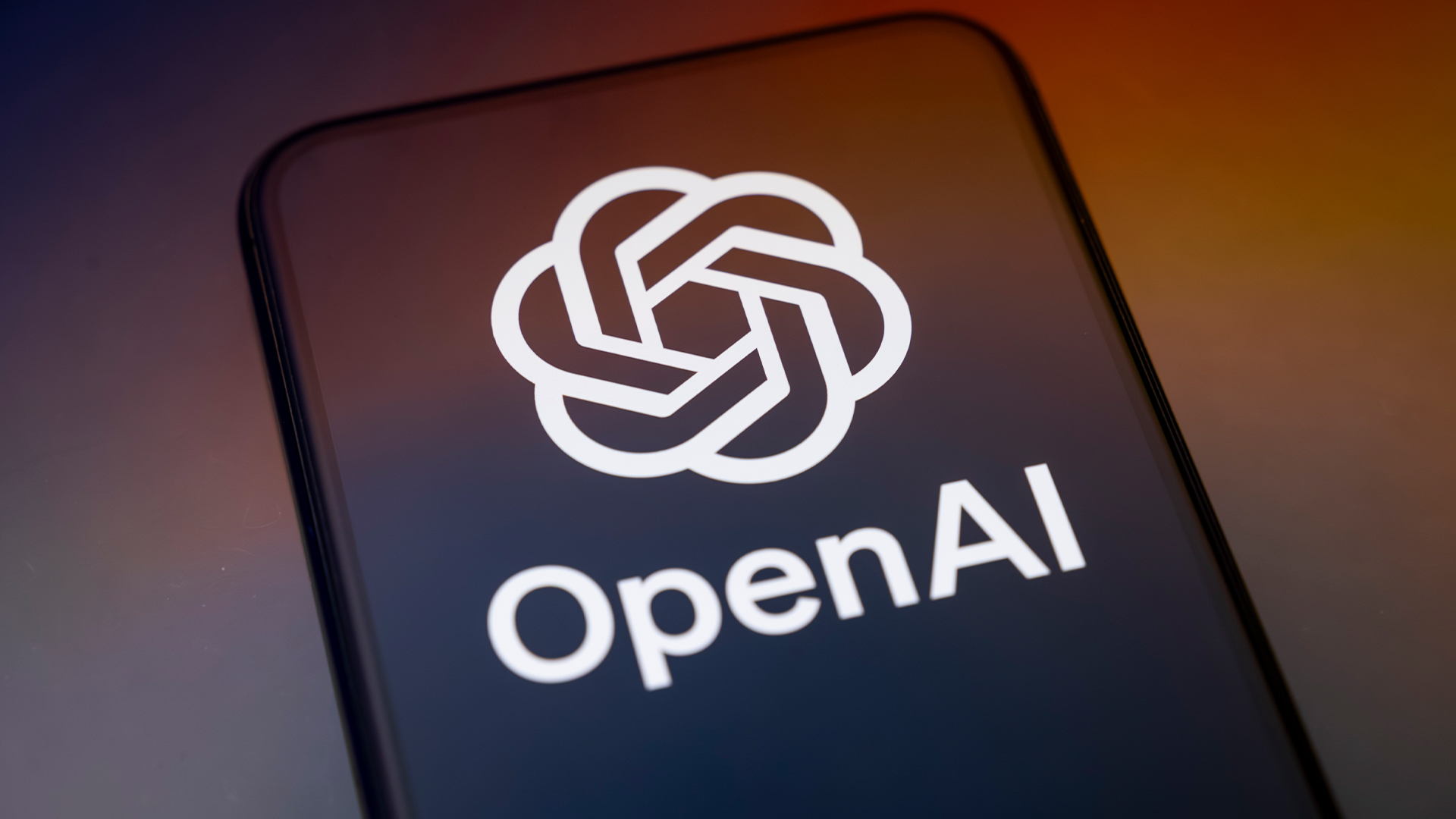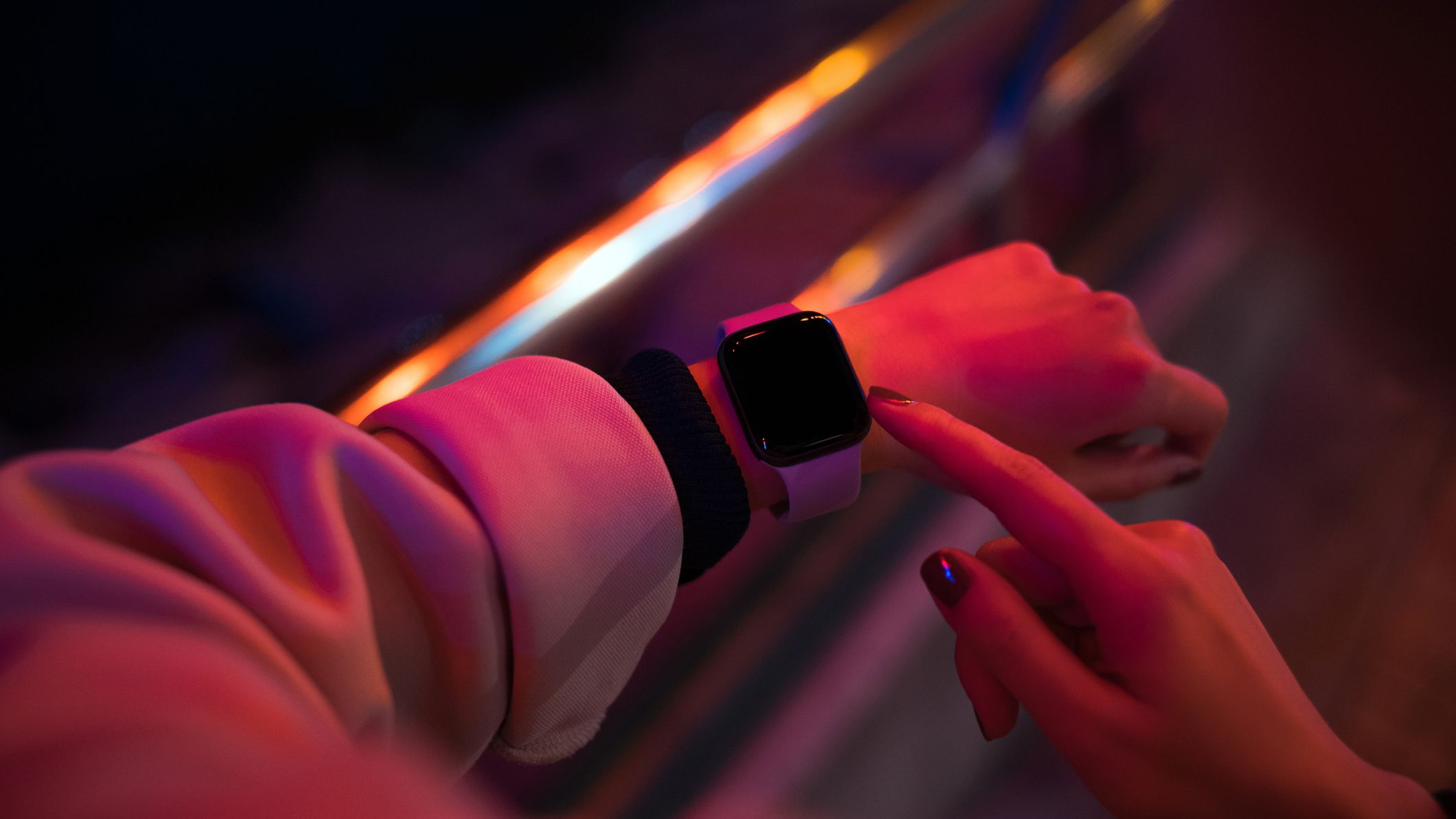Manchester City urged to drop facial recognition idea
Human rights groups have called it a "disturbing move", citing concerns about the US company involved


Human rights groups have warned Manchester City football club against introducing facial recognition technology over fears of "normalising a mass surveillance tool".
The Premier League champions have suggested installing the technology in the Etihad stadium to speed up the entry process, allowing fans to get into the home games by scanning their faces instead of using paper tickets, according to The Sunday Times.
However, Liberty has called it a "disturbing move" suggesting it subjects football fans to intrusive scans just so they can watch a football game.
There are also questions being asked about the company City have reportedly hired to implement the technology - Texas-based Blink Identity.
Hannah Couchman, the policy and campaigns officer at Liberty, told The Guardian: "It's alarming that fans will be sharing deeply sensitive personal information with a private company that boasts about collecting and sharing data on each person that walks through the gate and using this to deny people entry.
"Manchester City should urgently reconsider their involvement in normalising a mass surveillance tool which can track and monitor us as we go about our everyday lives."
City's Etihad stadium has a capacity of 55,097 and as the home of the reigning Premier League champions, is regularly sold out. IT Pro has contacted the club for comment.
Sign up today and you will receive a free copy of our Future Focus 2025 report - the leading guidance on AI, cybersecurity and other IT challenges as per 700+ senior executives
Blink Identity says it has been building and deploying large scale biometric identification systems for the last decade, starting in the Middle East for the US Department of Defense, and more recently to commercial markets for security and access functions.
The company says its technology is "revolutionary" and can track users at normal walking speed. The system works in half a second (a blink - hence the name) and doesn't require the user to look directly at the camera, rather it captures you as you enter.
It also calls it "privacy-first facial recognition", stating that "privacy is part of our culture". While Blink Identity claims to be ethical and transparent with your data, there is little information on their website about what actually happens to your data - it says it deletes data if it doesn't have an agreed-upon "business use" but does store some personal data.
From the perspective of personal data, facial recognition has presented a problem for regulators. Recently, the ICO announced it was looking into facial recognition deployment by police, as well as its use by a property developer at King's Cross.
This is not the first time the technology has been used in football. The South Wales Police deployed the technology at the 2017 Champions League Final in Cardiff. That was part of a wider trial, which included the Metropolitan police which proved controversial, partly due to how unsuccessful it was.
Bobby Hellard is ITPro's Reviews Editor and has worked on CloudPro and ChannelPro since 2018. In his time at ITPro, Bobby has covered stories for all the major technology companies, such as Apple, Microsoft, Amazon and Facebook, and regularly attends industry-leading events such as AWS Re:Invent and Google Cloud Next.
Bobby mainly covers hardware reviews, but you will also recognize him as the face of many of our video reviews of laptops and smartphones.
-
 Former Google engineer convicted after stealing AI, supercomputing secrets
Former Google engineer convicted after stealing AI, supercomputing secretsNews Linwei Ding told Chinese investors he could build a world-class supercomputer
-
 OpenAI sets February retirement date for popular GPT-4o model
OpenAI sets February retirement date for popular GPT-4o modelNews OpenAI has confirmed plans to retire its popular GPT-4o model in February, citing increased uptake of its newer GPT-5 model range.
-
 Five things to consider before choosing an MFA solution
Five things to consider before choosing an MFA solutionIn-depth Because we all should move on from using “password” as a password
-
 The IT Pro Podcast: Going passwordless
The IT Pro Podcast: Going passwordlessIT Pro Podcast Something you are, or something you have, could be more important than a password you know in the near future
-
 Podcast transcript: Going passwordless
Podcast transcript: Going passwordlessIT Pro Podcast Read the full transcript for this episode of the IT Pro Podcast
-
 UK police fails ethical tests with "unlawful" facial recognition deployments
UK police fails ethical tests with "unlawful" facial recognition deploymentsNews A University of Cambridge team audited UK police use of the tech and found frequent ethical and legal shortcomings
-
 Snapchat settles for $35 million in Illinois biometrics lawsuit
Snapchat settles for $35 million in Illinois biometrics lawsuitNews The social media giant had been accused of improperly collecting, storing facial geometry in violation of state legislation
-
 Home Office to collect foreign offenders' biometric data using smartwatch scheme
Home Office to collect foreign offenders' biometric data using smartwatch schemeNews Facial recognition and geolocation data will be matched against Home Office, Ministry of Justice and police databases
-
 Southern co-operative faces legal complaint for facial recognition CCTV
Southern co-operative faces legal complaint for facial recognition CCTVNews Rights group Big Brother Watch has written to the Information Commissioner to “stop unlawful processing”
-
 Amazon gave police departments Ring footage without permission
Amazon gave police departments Ring footage without permissionNews The tech giant has done this 11 times this year
